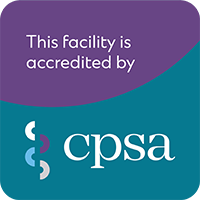COVID-19 is placing stress on Canada’s public health system. Our health service is starting to offer virtual care to make sure that we can continue to care for our patients safely and effectively. This means that we will be using video and audio technologies for patient visits rather than asking all patients to come into our office. We do our best to make sure that any information you give to us during virtual care visits is private and secure.
All data is encrypted, your sessions are anonymous, and none of your information is stored. zoom.us uses the AES cipher with 256-bit keys to encrypt audio/video, and HMAC-SHA1 to verify data integrity. As a result, zoom complies with HIPAA, GDPR, PHIPA/PIPEDA, & HITECH requirements. Despite our efforts to protect your information, no video or audio tools are ever completely secure.
There is an increased security risk that your health information may be intercepted or disclosed to third parties when using video or audio communications tools. To help us keep your information safe and secure, you can:
1. Understand that video, emails, calls, or texts you may receive are not secure in the same way as a private appointment in an exam room; and
2. Use a private computer/device (i.e., not an employer’s or third party’s computer/device), secure accounts and a secure internet connection. For example, using a personal and encrypted email account is more secure than an unencrypted email account, and your access to the Internet on your home network will generally be more secure than an open guest Wi-Fi connection.
If you are concerned about using video or audio tools for virtual care, other arrangements can be made. However, please note that visiting a health care provider in person comes with a higher risk of coming into contact with COVID-19 and the possibility of spreading the virus.
By providing your information, you agree to let us collect, use, or disclose your personal health information through video or audio communications (while following applicable privacy laws) in order to provide you with care. In particular, the following means of electronic communication may be used: email, videoconferencing (i.e. zoom.us), and text messaging (including instant messaging).










